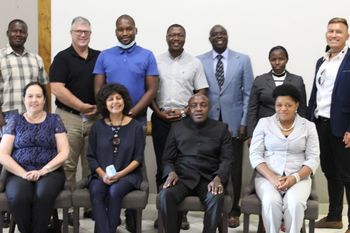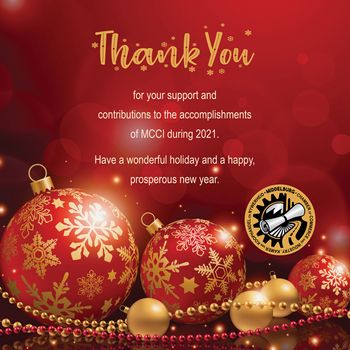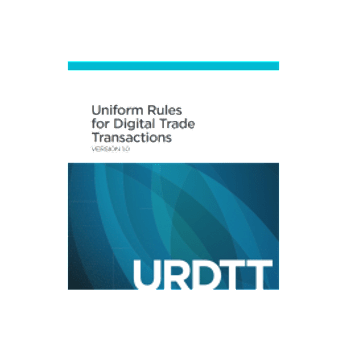Uniform Rules for Digital Trade Transactions (“URDTT”)
The International Chamber of Commerce (“ICC”) has published the Uniform Rules for Digital Trade Transactions (“URDTT”), which constitute the international laws of trade financing practice, and came into force on 1 October 2021. You can read the rules here.
Background
Work on the URDTT began in December 2018 following the realization that there was a lack of rules for digital transactions. The first draft was prepared by the ICC National Committees (“Committees”) at the end of 2019. Since then, the Committees have drafted six different versions of the rules taking into consideration more than 1,500 comments. Finally, the definitive version of the URDTT was published on 1 October 2021.
What is the scope of the new rules?
The URDTT is a comprehensive set of rules designed to cover all parties of digital commerce transactions. Its core mandate is to pave the way for commercial transactions in compliance with the UNCITRAL Model Law. Pursuant to these rules, electronic records will form the basis of commercial transactions rather than any documents or written contracts. Thus, impartiality and uniformity will be ensured in terms of commercial transactions.
The URDTT are intended (i) for a fully digital environment, (ii) to be neutral with regard to technology and messaging standards and, (iii) to extend into the corporate space, including commercial transactions and the growing community of non-bank providers of financial services.[1]
Within the framework of the URDTT, it is possible for importers and exporters to create electronic records for the purchase and sale of goods and services. It will, therefore, provide documents that will prove a buyer’s obligation to pay and a seller’s obligation to sell.
Moreover, the new set of rules also specify how electronic records regarding parties’ obligations are submitted and under which terms and conditions they will be issued.
Conclusion
In today’s world, where digital transactions are becoming more widespread, there is no doubt that the importance of digitalization of the trade industry is one of the most discussed issues in the international dimension. With the new rules, an important step towards adapting to the new world has been taken, providing a standardization of digital transactions and namely, a legal certainty. It is clear that the URDTT rules will be revised according to developing technology, business life and the needs of the markets and thus, new versions could be developed in this regard.








